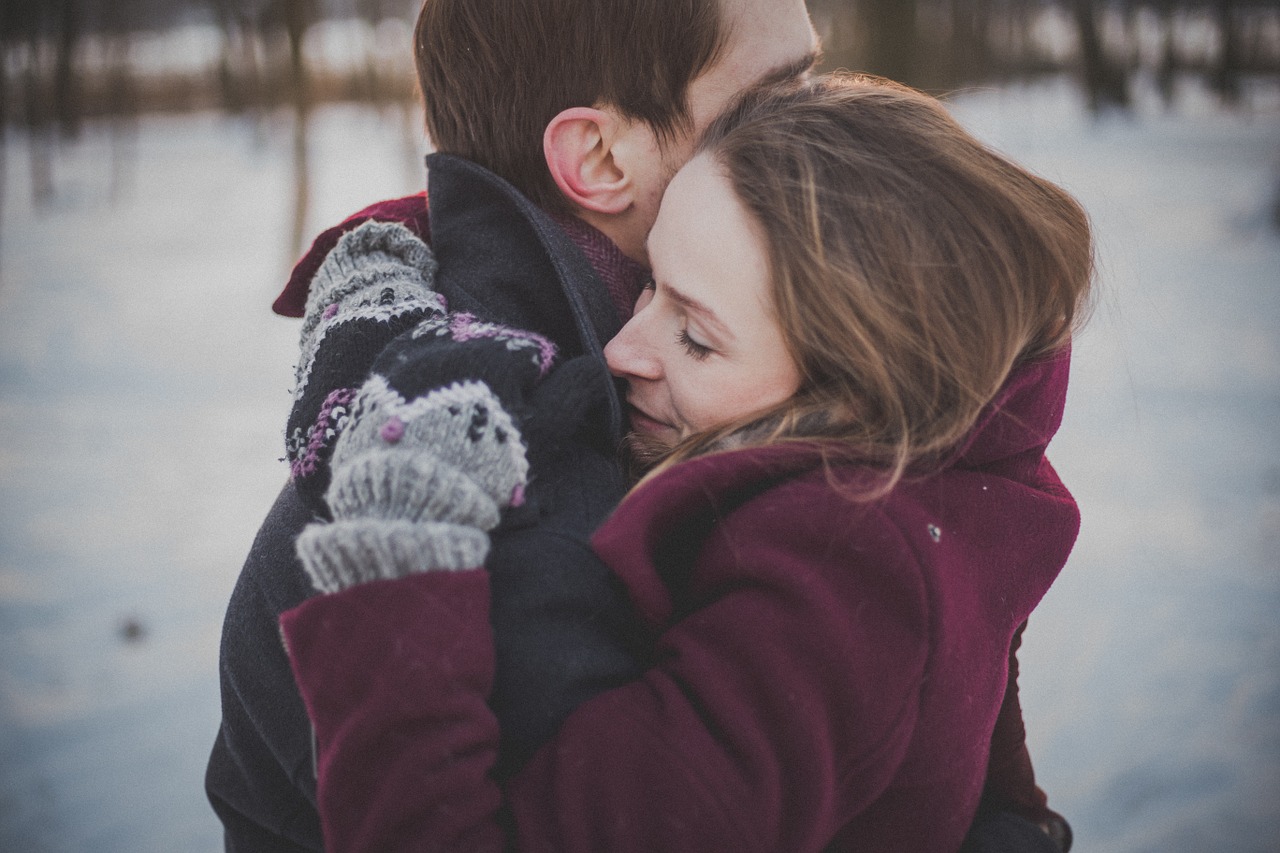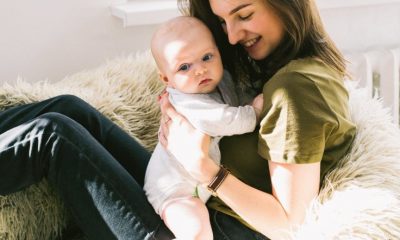For many older people, the world crumbles when their spouse dies. The widows or widowers may spend years in mourning, trying to come to terms with the loss.
However, there have been several instances where a couple die within just a year of each other. This phenomenon that has been dubbed the “widowhood effect.” While the phenomenon is common with men above the age of 80, a recent study raised some eyebrows as men in their 60s–the younger group studied–were also found to have been majorly impacted by the condition.
Researchers conducted a study aiming to track the overall number of people affected by widowhood woes, and, to their great surprise, found men in their 60s dying in greater numbers due to the heartbreak stemming from a spouse’s death. Researchers in Denmark, the U.K., and Singapore drew on data from at least one million Danish citizens aged 65 and older, and found that in the year after losing a spouse, men were 70% more likely to die.
The findings of the study, published in PLOS One, indicated women showed a relatively lower trend of dying due to the loss of a spouse. According to the study, 27% of women were more likely to die.
How widowhood affects a person
Couples who shared close marital bonds are likely to die in short succession. Furthermore, being left to shoulder every household responsibility on their own also forced them into depression, which ultimately ended in death, according to Very well Mind.
The latest study also highlighted that the death of a spouse led to various mental, physical, and behavioral complications in an individual, which in turn heightened hospitalization rates and mortality hazards.
“Some other factors such as socioeconomic status of individuals, the amount of (in)formal care, as well as the pre-existing medical condition are factors that can also influence the widowhood effect,” the study noted.
Dawn Carr, co-director of the Aging Research on Contexts, Health, and Inequalities program at Florida State University told Time that gender and age were two of the most influential risk factors for the widowhood effect. Carr wasn’t involved in the study, but had prior research experience in geriatric health.
“It’s a surprising finding to see those kinds of increased risks that you just really wouldn’t expect at such a young age,” says Carr.
















